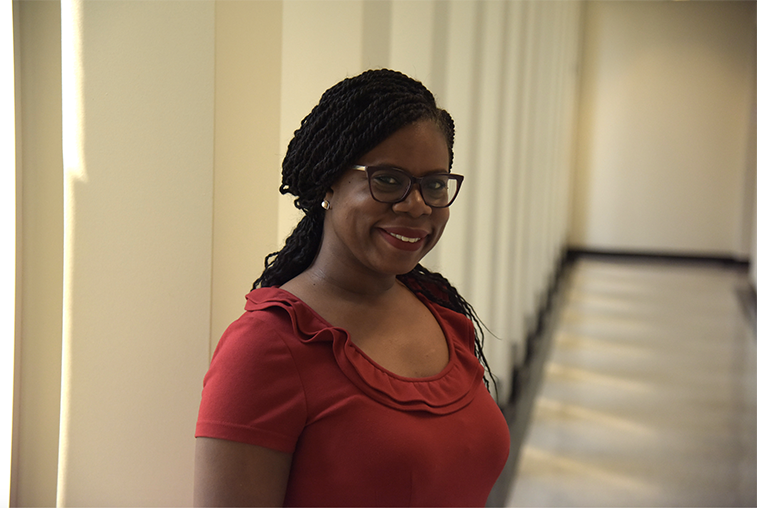The three-part discussions that Waite hosts dive into “colorblindedness” and the way race affects students in the classroom. Part I of the series of discussions discusses the historical context of colorblindness. Part II includes the voices of individuals exposed to and in the position of navigating colorblind ideology in schools on a daily basis. Part III will include responses from researchers and scholar-activists in the field of education. Waite’s began the forum by posing the question, what are the best ways to respond to educators who say they “don’t see color” when they teach?
Waite says in order to resolve the great issues in schools right now we need to have difficult discussions. “Deep reflection coupled with courageous conversations allows school communities to examine the dysconscious systems and biased structures they conceive and implement. Often these policies and practices are developed with the best of intentions, and school communities are only able to see that the unintended consequences of these policies actually hurt students and families by committing to becoming a critically conscious school community.”
Waite’s discussion prompted some responses from fellow educators, including Kris DeFillipes, middle school associate principal in Orange County, N.Y., who is pursuing his Ed.D. at Fordham’s Graduate School of Education.
“As educators, it is required that we understand the reasons for the social construction of whiteness and how the educational system serves the values that maintain systemic oppression of repressed and marginalized students. As white educators, it is urgent and compulsory that we recognize and embrace our whiteness; ignoring its presence only exacerbates the issue. Defensiveness or fragility cannot embed itself in our thinking; instead, we must rage with passionate and poised urgency when we recognize these traits in others.”
Read Waite’s full introduction (including DeFillippes’ full response) here or listen to the podcast discussion with Larry Ferlazzo with Terri Watson, Chris Emdin and Shannon Waite where they talk through Waite’s question.

